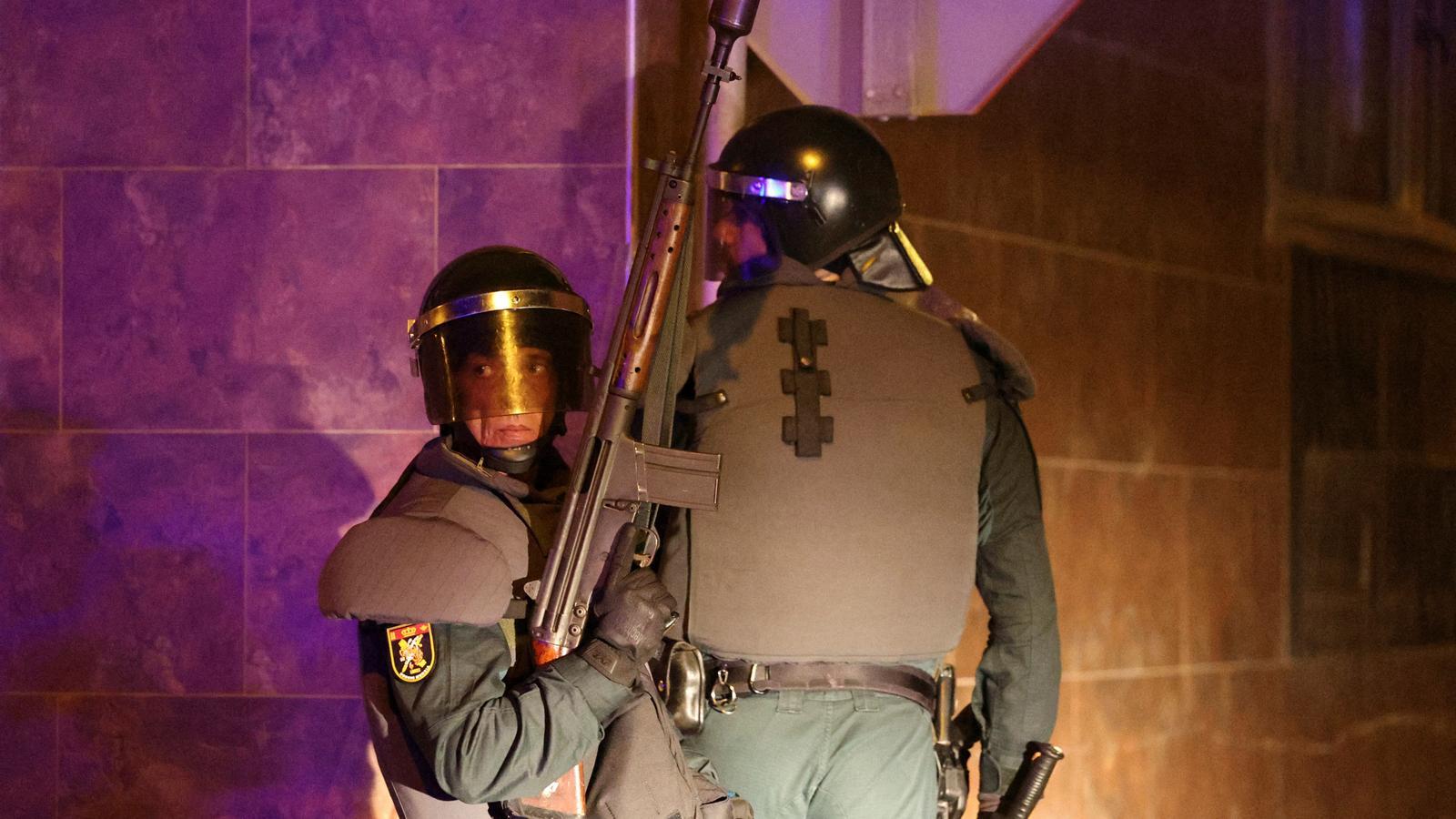

What happened in Torre Pacheco is not a deviation from the system. It is the system. Hooded neighborhood raids, lynchings broadcast on social media, hate speech uttered by public officials and amplified without restraint: all of this is unacceptable. But it is not new, nor inexplicable, nor the exclusive preserve of Vox. The far right did not invent racism: it has capitalized on it.
The structural racism that is worsening in Europe today was not born with the migration crisis or with social media. It has deeper roots, which in the Spanish case necessarily pass through the colonization of the Americas and the way this foundational violence has historically been projected inward and outward. Coloniality is not limited to the past: it continues to operate in power relations, in racial hierarchies, and in the forms of dehumanization that today justify aggression, neighborhood raids, and openly xenophobic discourse.
I've lived in France for years, and I've seen how discourses on immigration and identity have shifted radically to the right. The Great Replacement theory, the promises of mass repatriation, the constant criminalization of racialized neighborhoods: all of this was part of the margins of politics two decades ago. Today it's the center of debate. And not just because Le Pen or Zemmour call it that, but because leaders have embraced it. moderate, governments Republicans and mainstream media. When I compare what's happening in Spain with France, I don't do so to stir up fear, but to show what happens when structural racism becomes political common sense.
In Torre Pacheco, as in many farming towns in Spain, thousands of migrants sustain, through their work, an economic model that denies them rights and assigns them a subordinate position. Institutional racism not only tolerates this precariousness, but also manages it: it monitors, hides, and deports. It is therefore not surprising that, at the slightest tension, a segment of society feels authorized to act on its own. Physical violence is the consequence of a deeper political violence: one that turns certain bodies into expendable, into permanent suspects, into a population to be expelled.
The Overton Window—the margins of what is politically speakable—does not move on its own. It is driven by political decisions, media strategies, and institutional complicity. When public officials are allowed to talk about invasion or link immigration and crime, they are not simply expressing an opinion. They are pointing the finger at an internal enemy, provoking concrete consequences. And when these words have no cost, when they don't even generate unanimous social rejection, the ground is already prepared for a repeat.
If France and now Torre Pacheco have taught us anything, it's that structural racism isn't fought with isolated declarations or more police. It requires a real break with the logic of impunity, with the security-based management of difference, with the electoral exploitation of fear. And it demands, above all, stopping treating the far right as just another player in the democratic game and starting to look closely at those who, from other positions, have been pushing the center toward the abyss for years.
